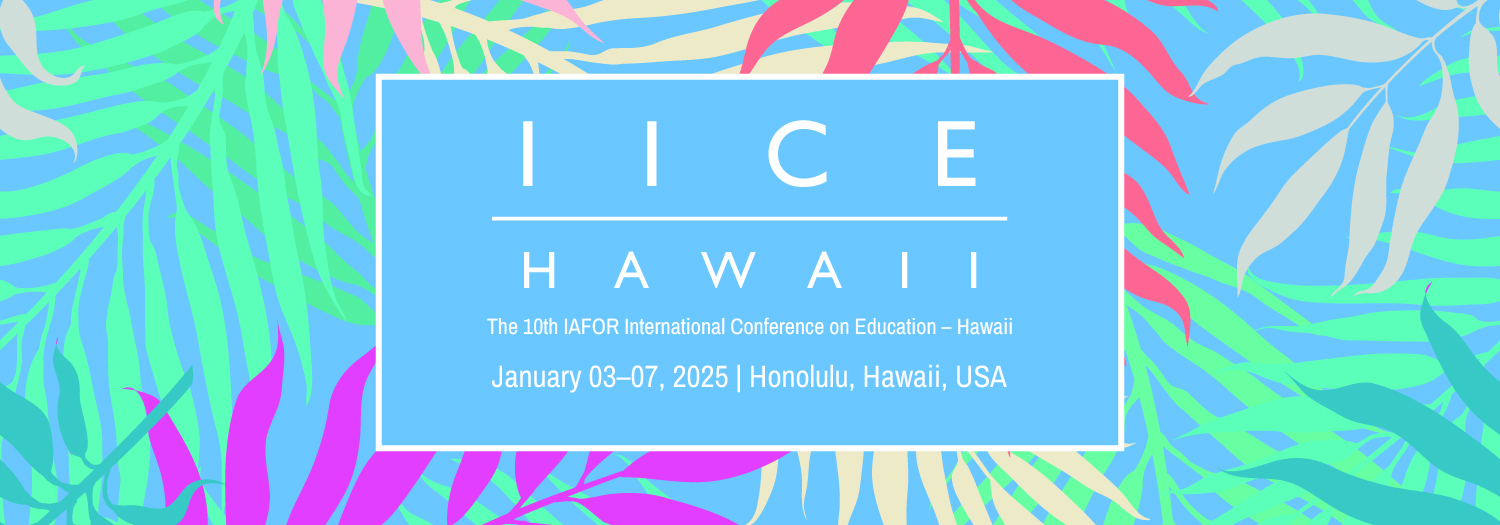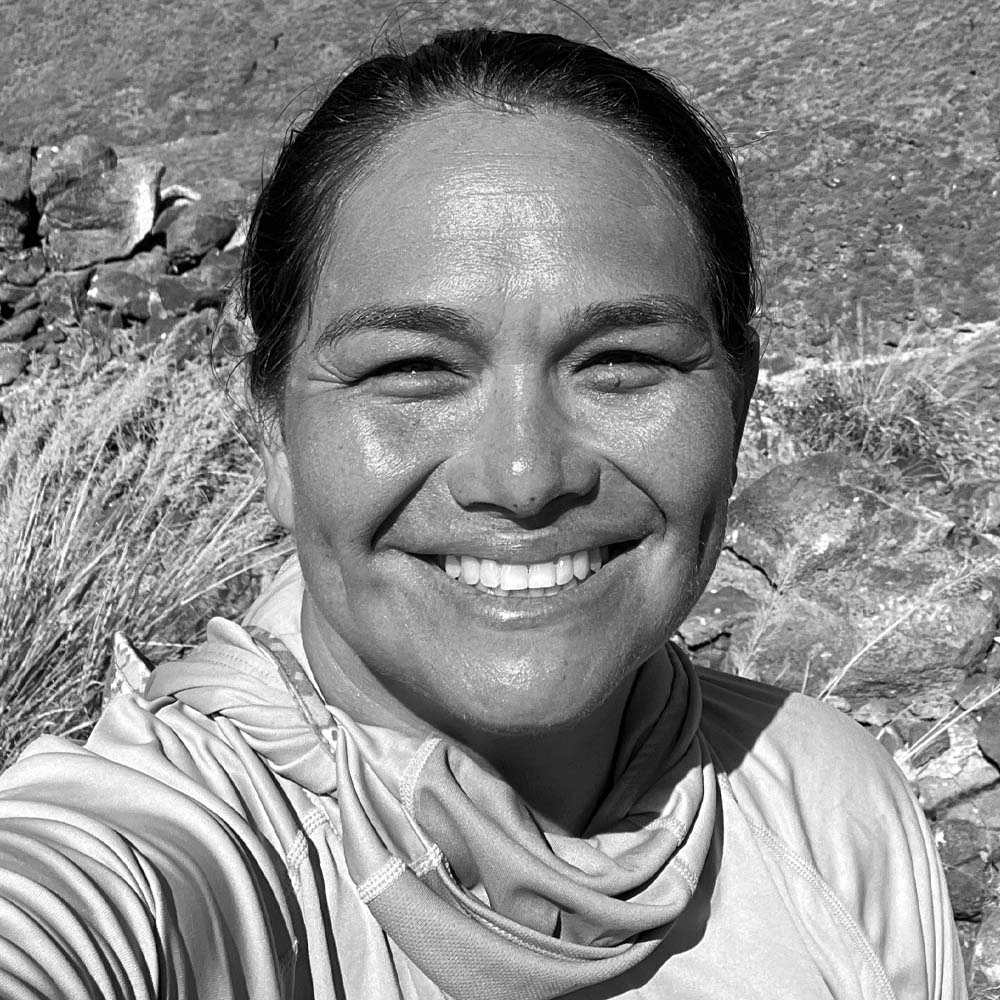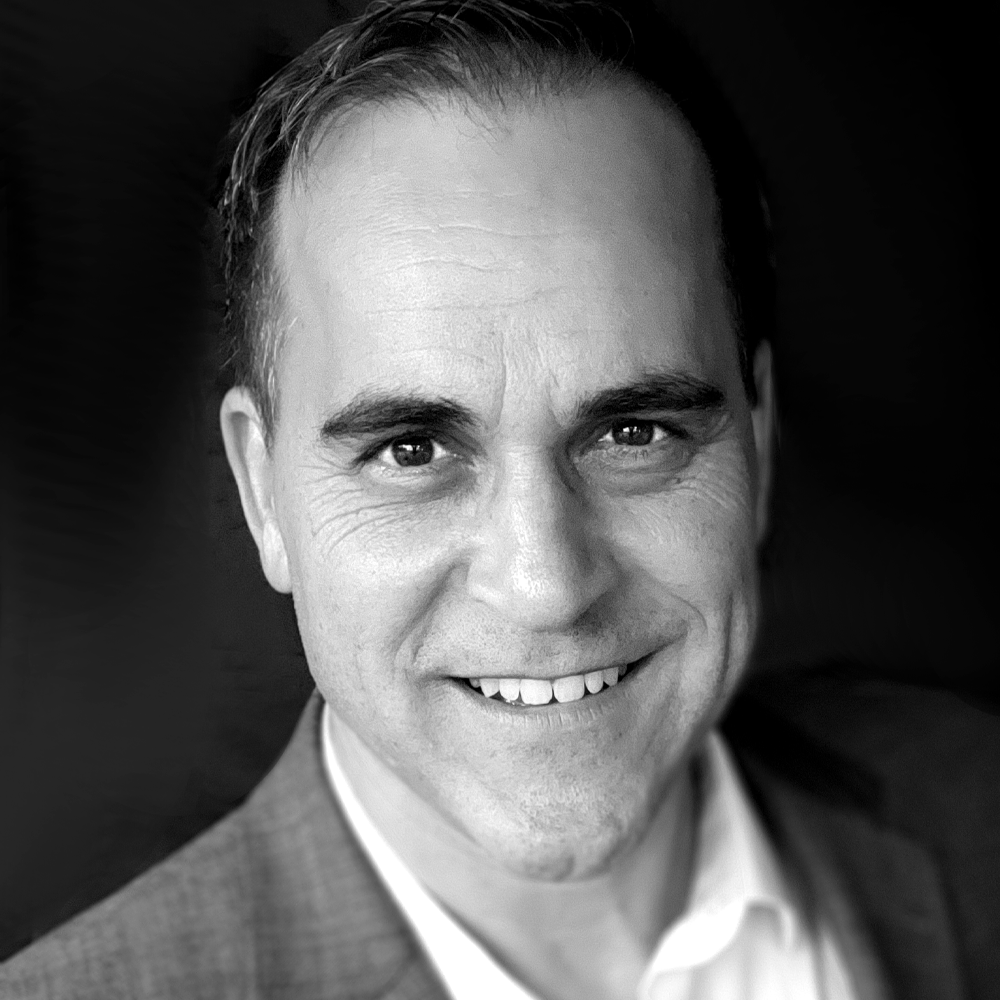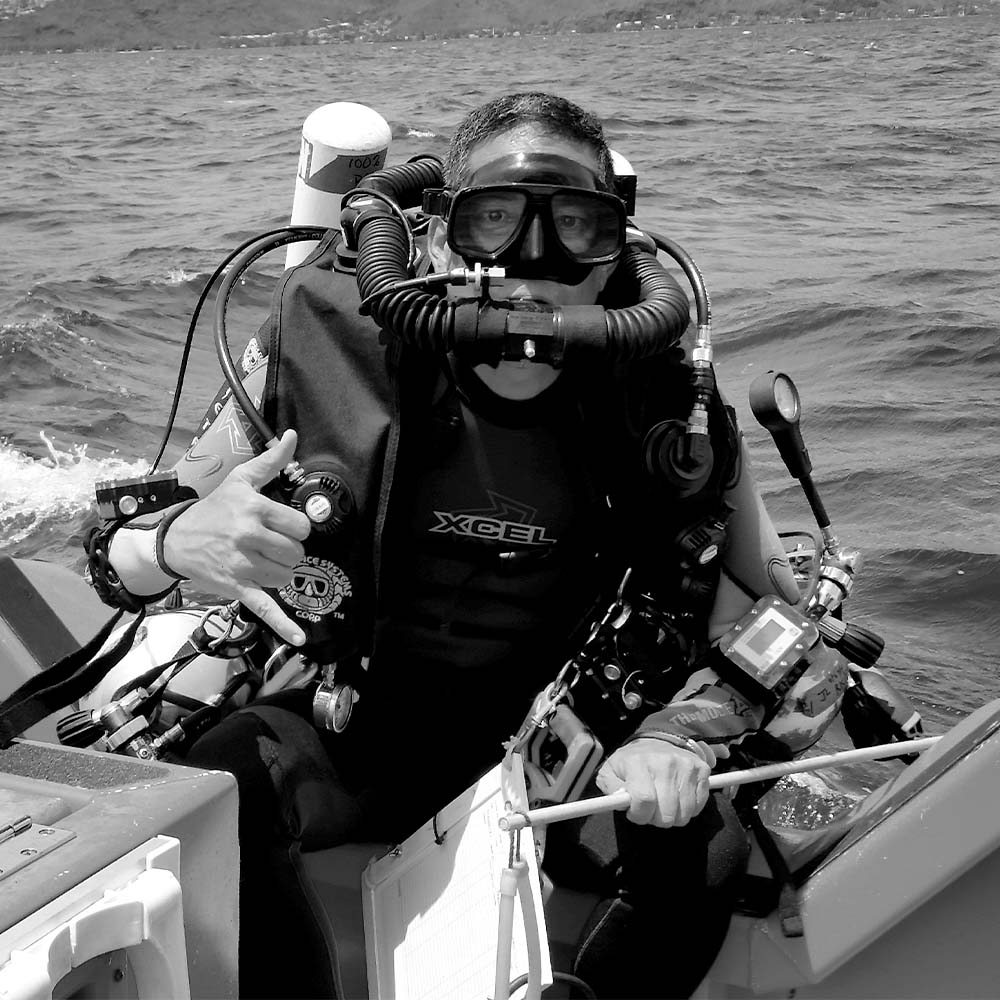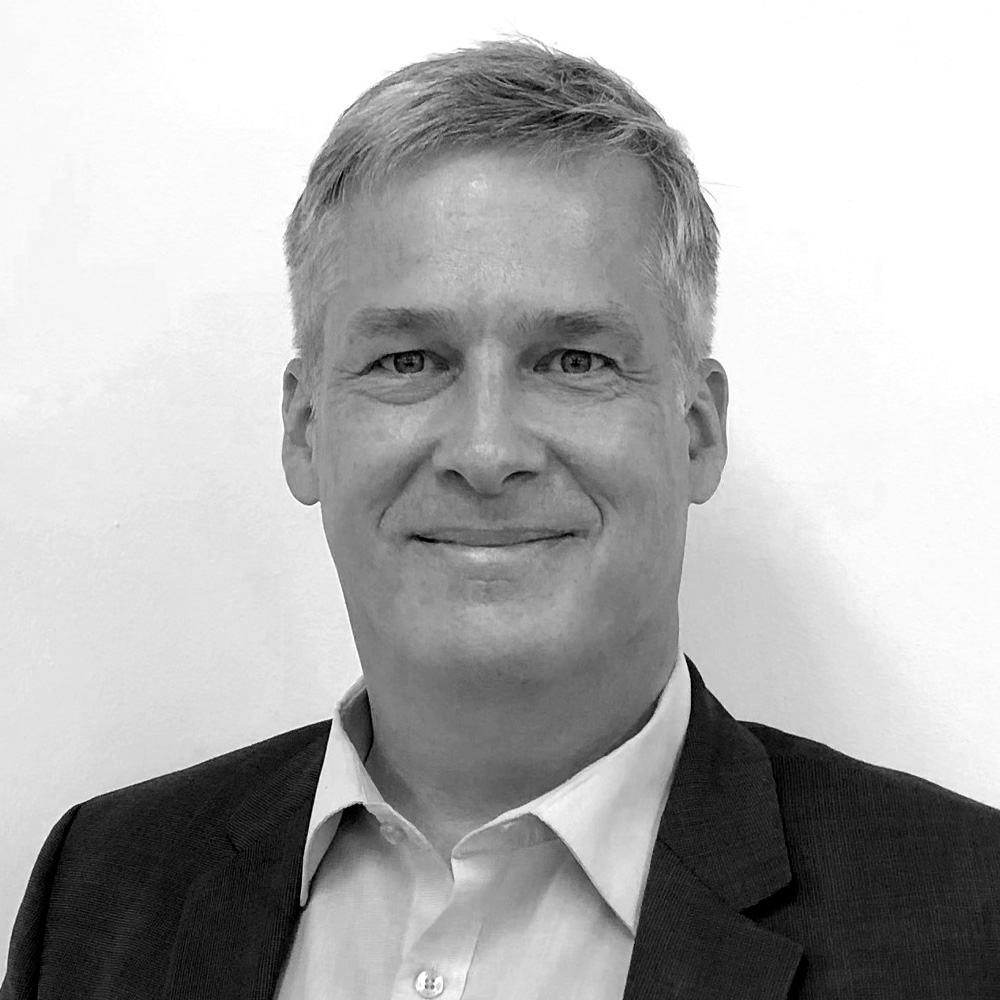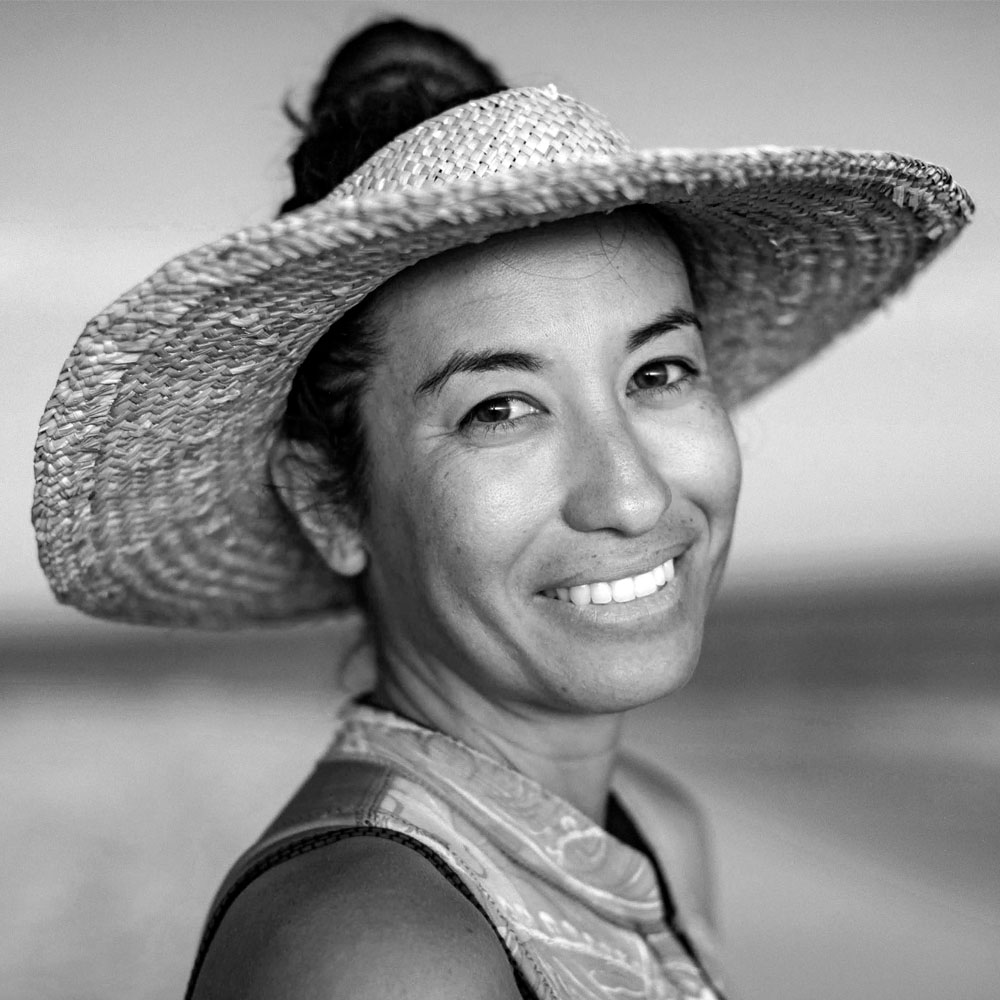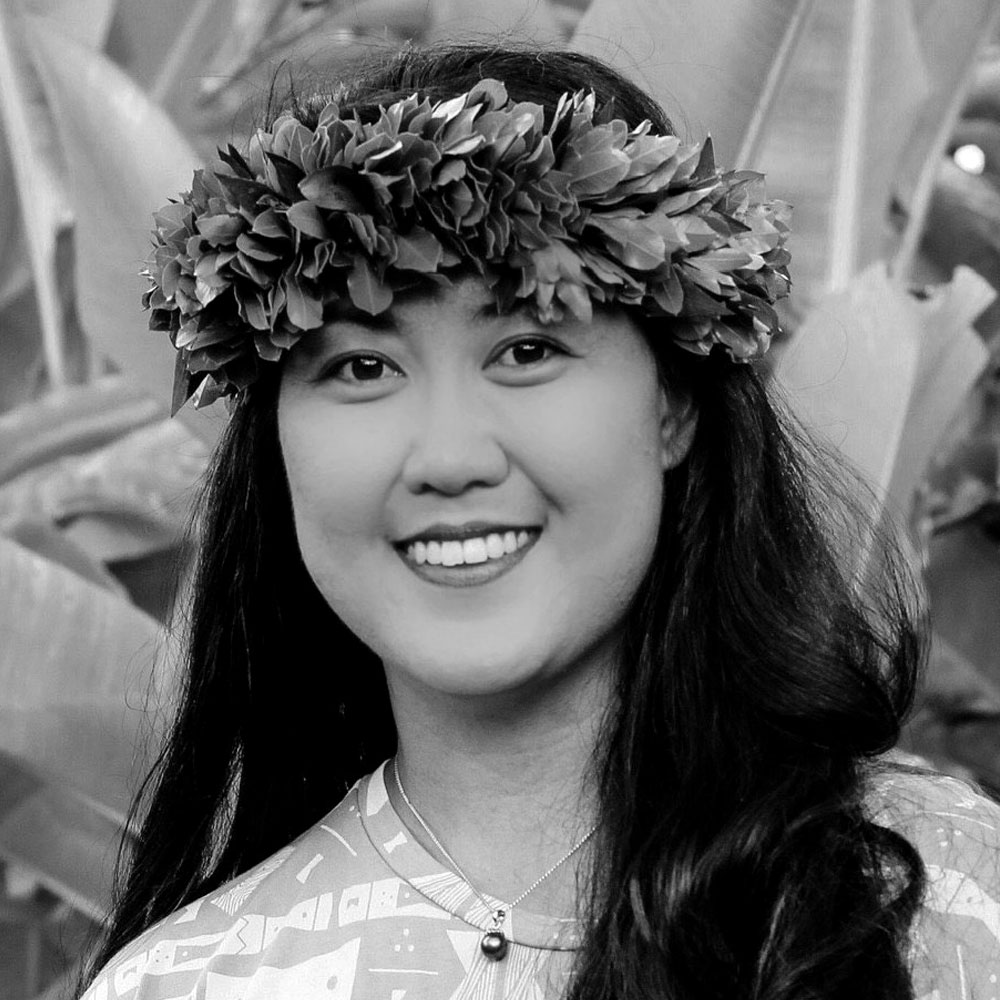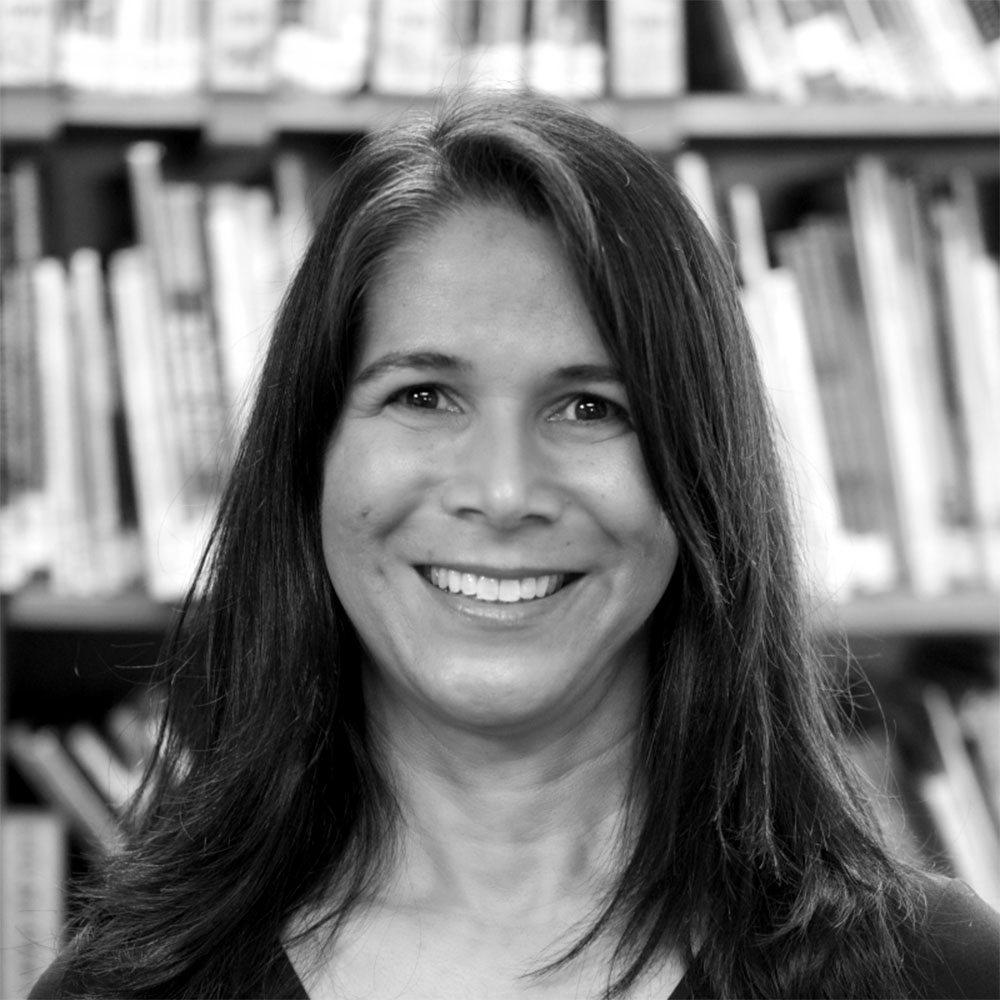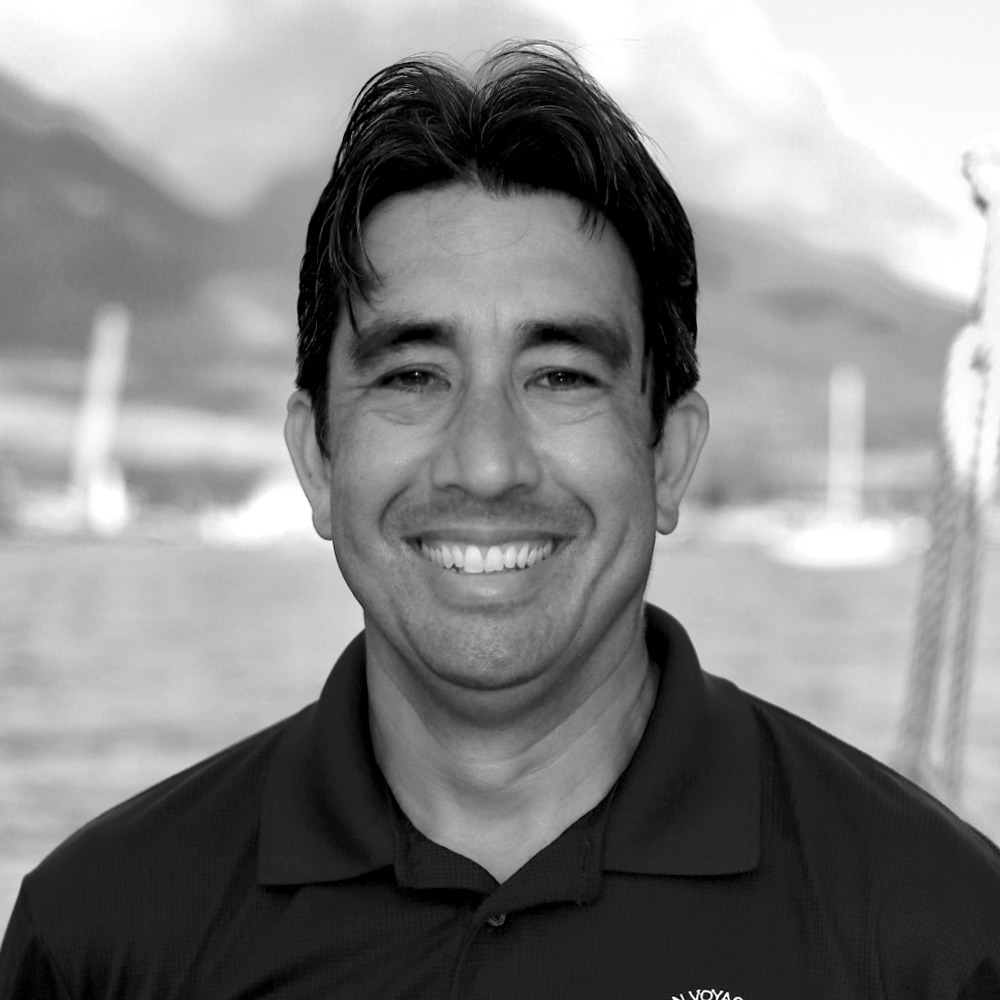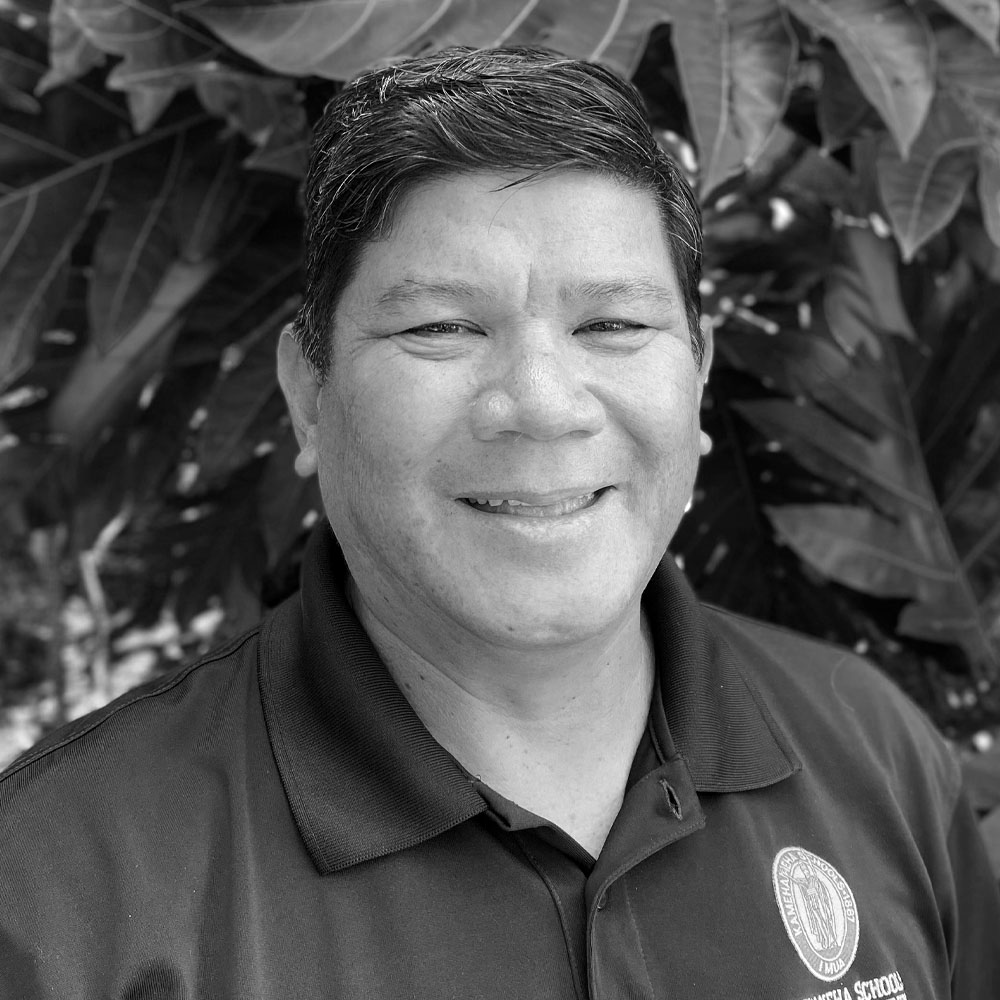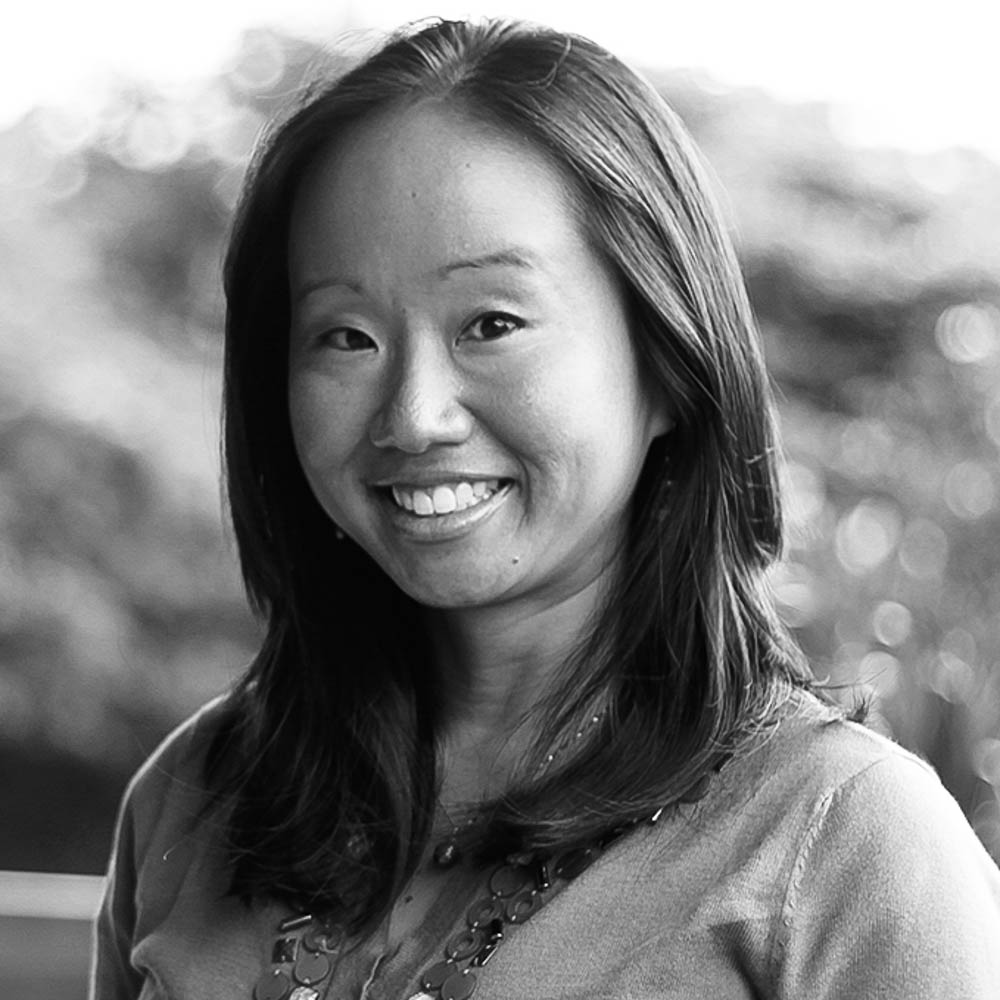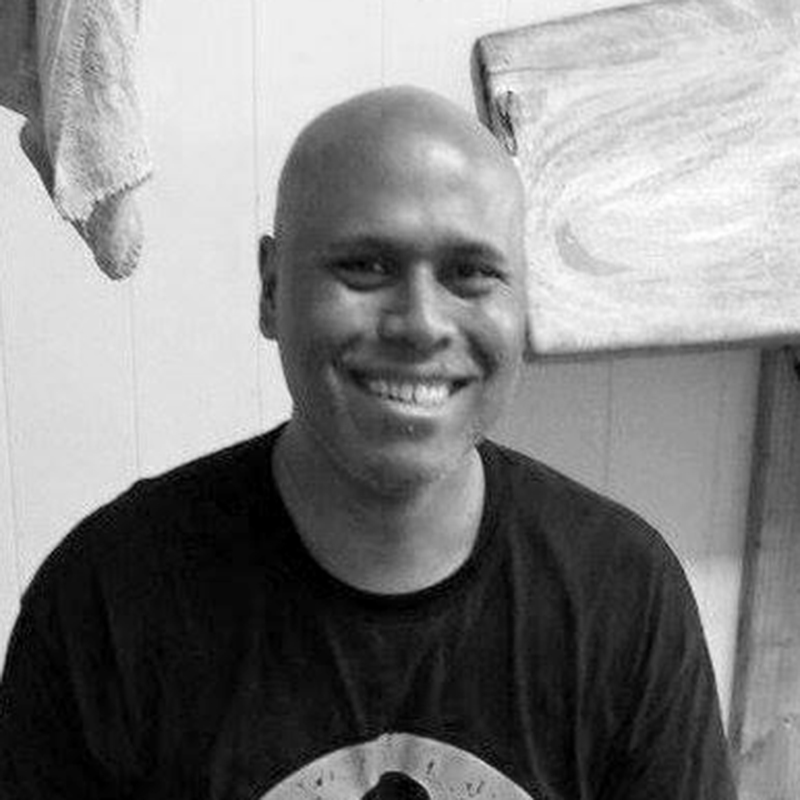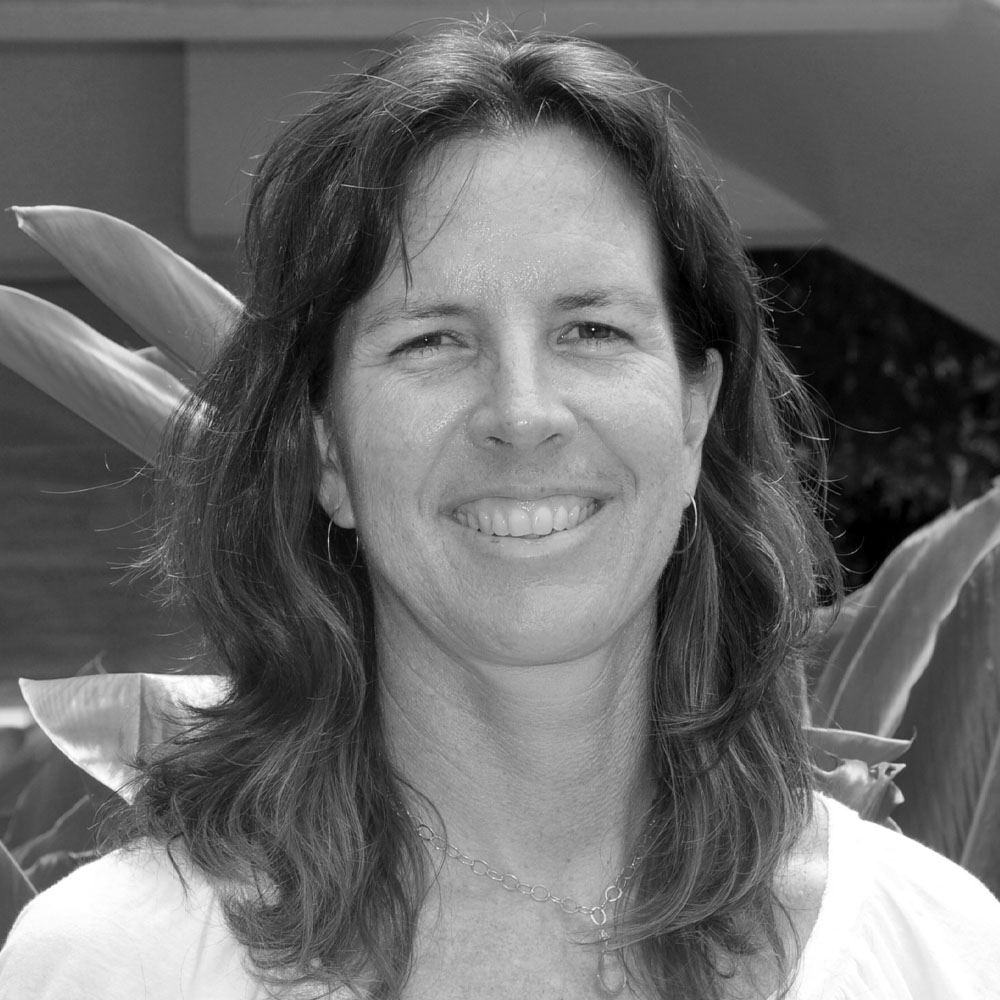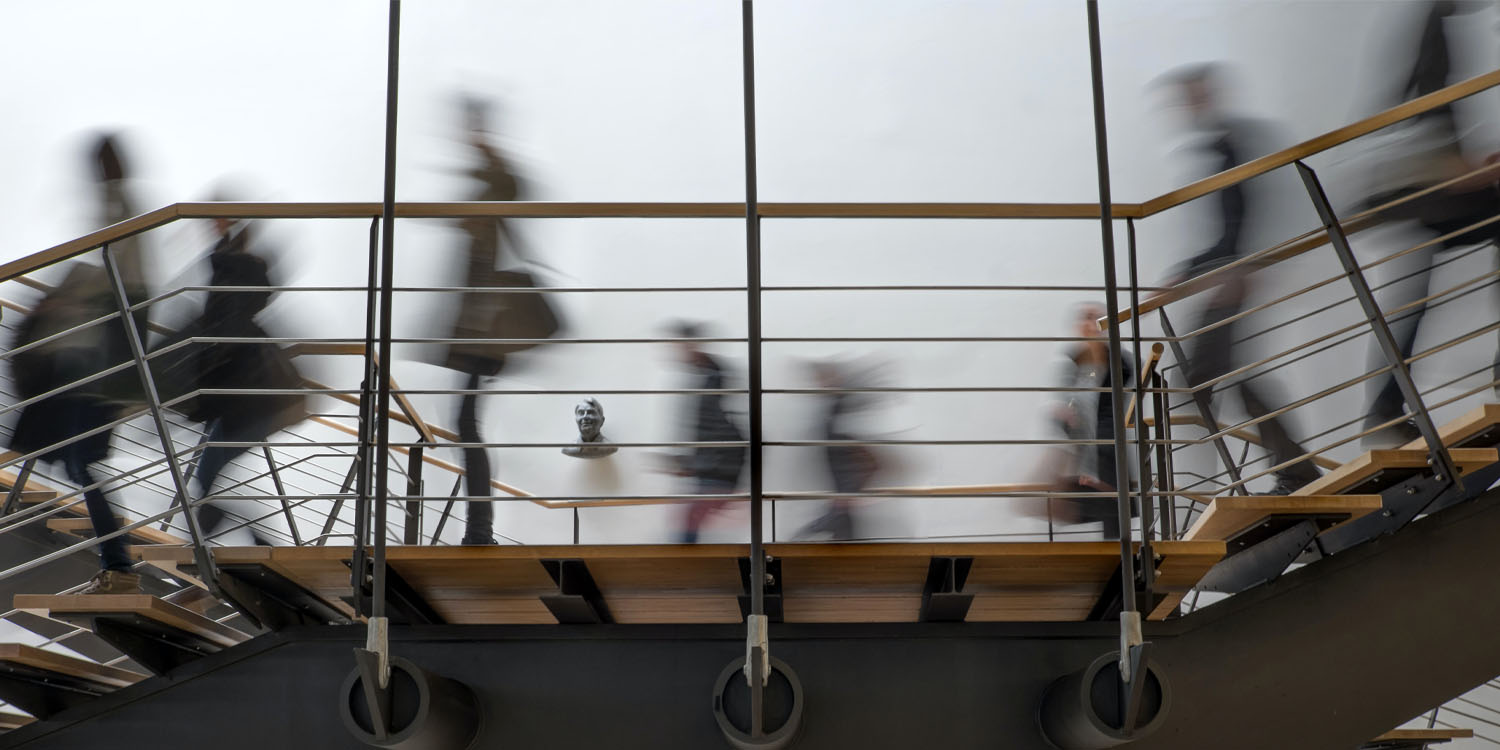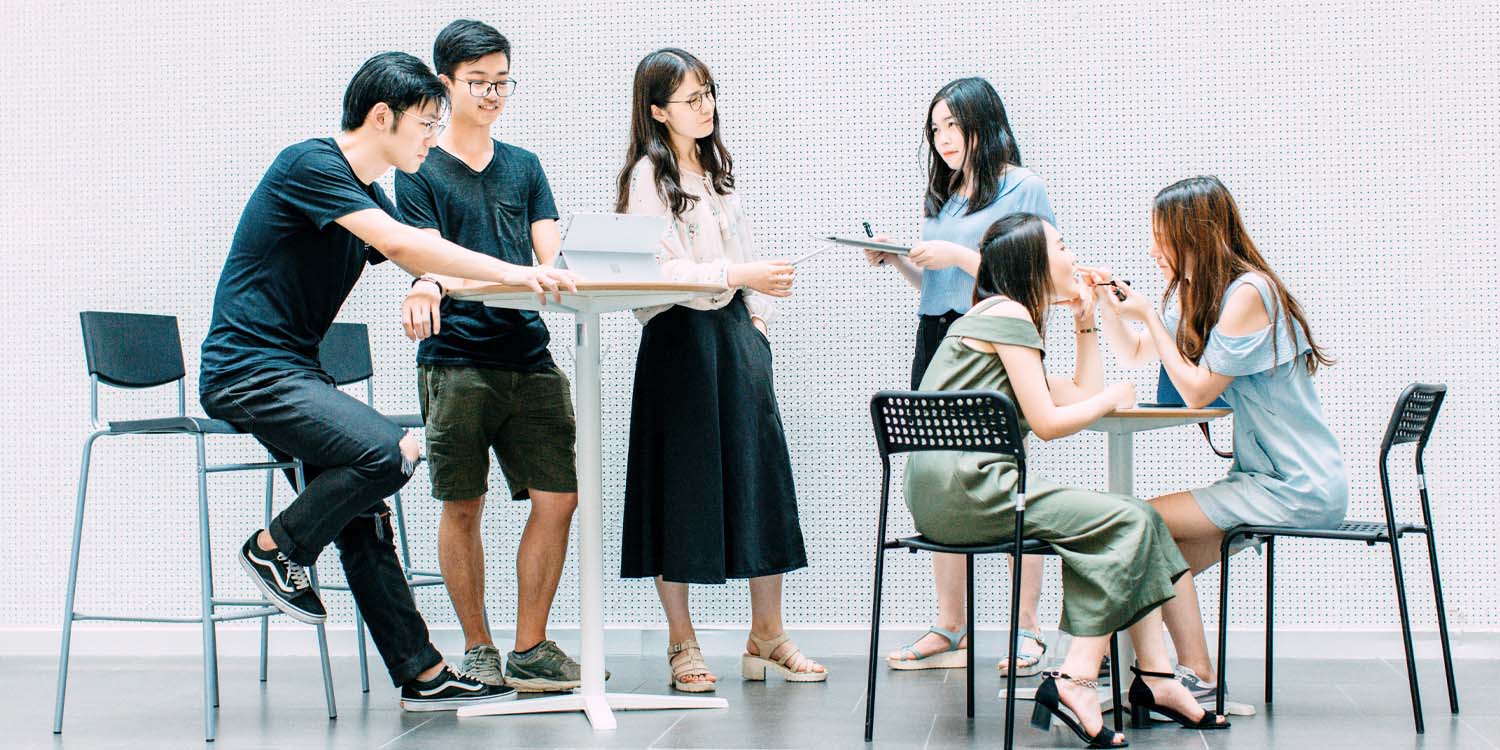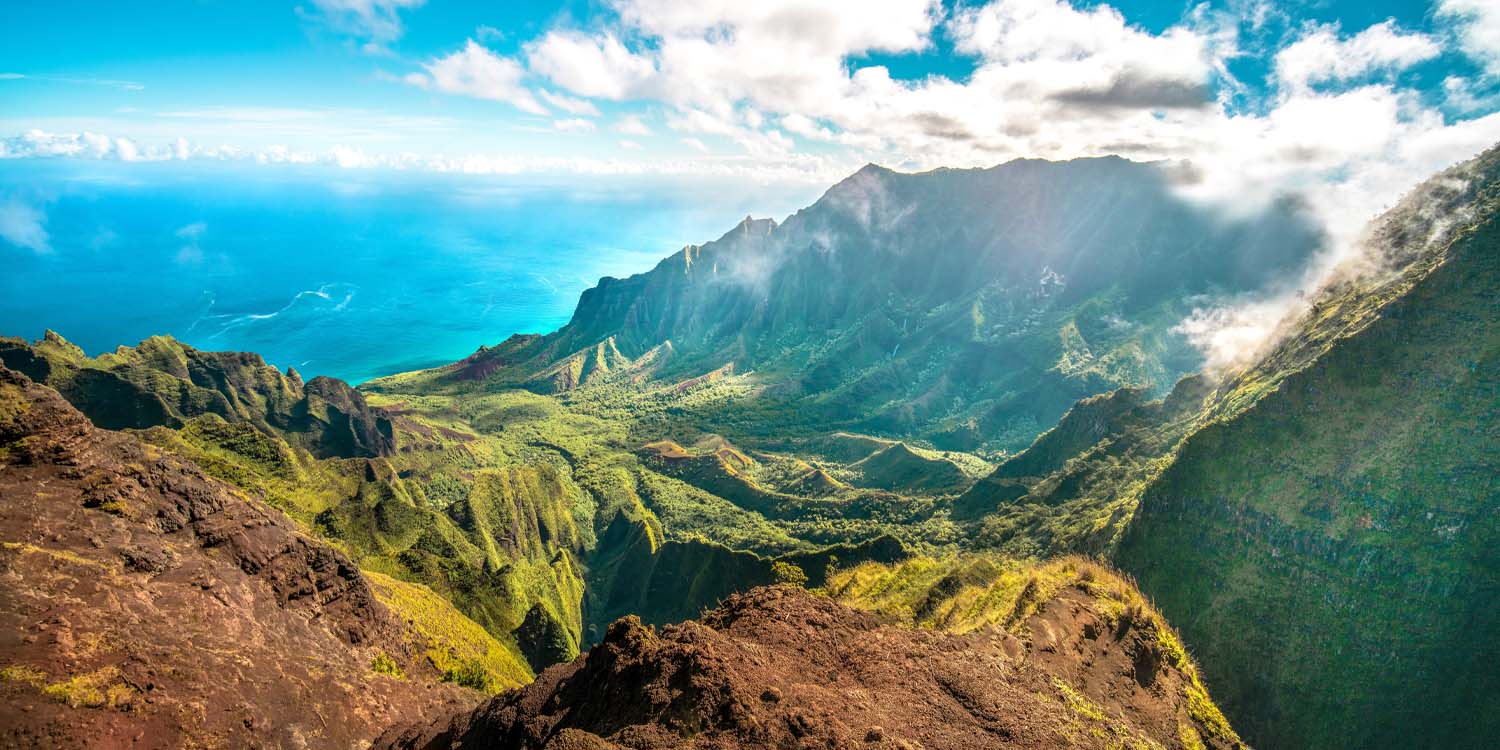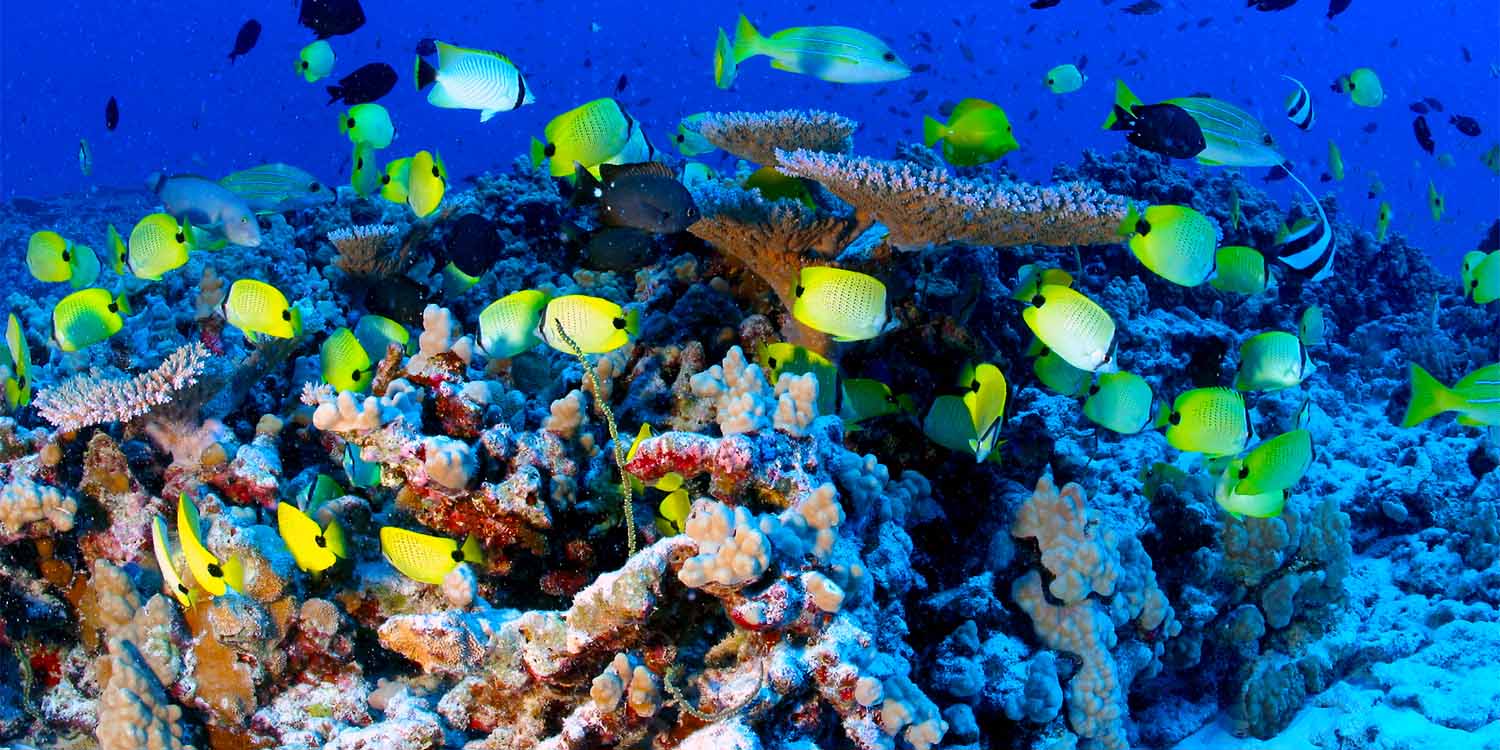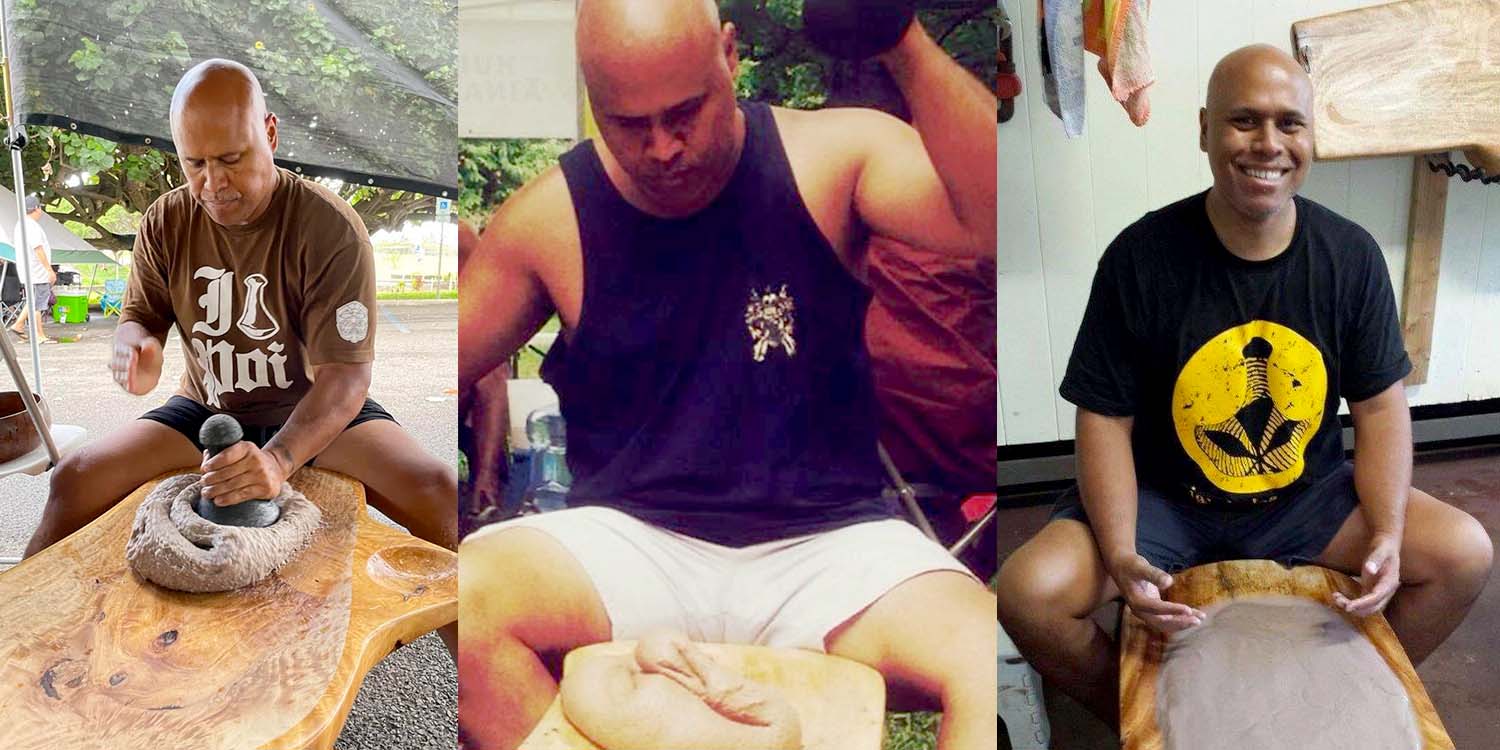
IICE2023
January 05–08, 2023 | The Hawai'i Convention Center, Honolulu, Hawaii, United States
Plenary Speakers
-
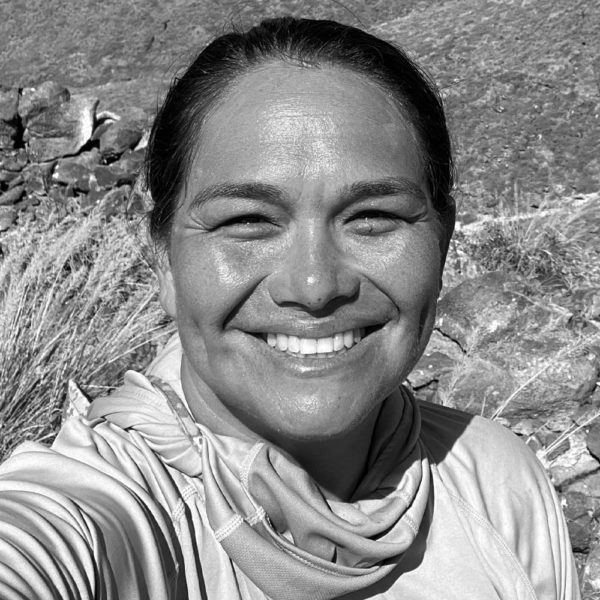 Pelika AndradeNa Maka Onaona & University of Hawaiʻi, United States
Pelika AndradeNa Maka Onaona & University of Hawaiʻi, United States -
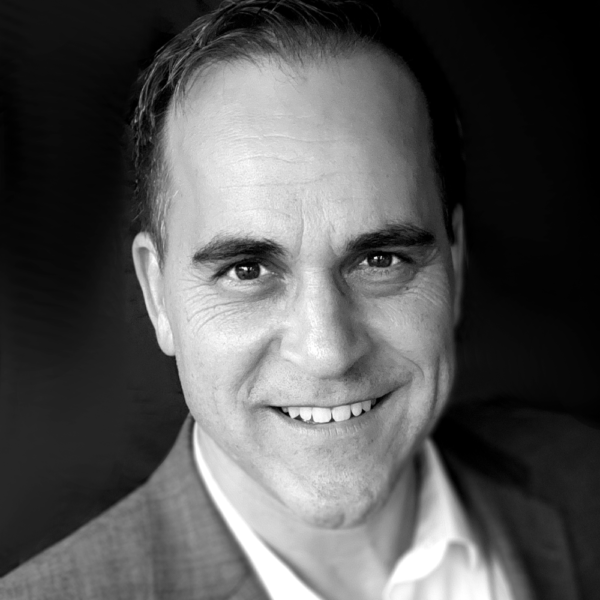 Paul McKimmyUniversity of Hawai’i at Mānoa, United States
Paul McKimmyUniversity of Hawai’i at Mānoa, United States -
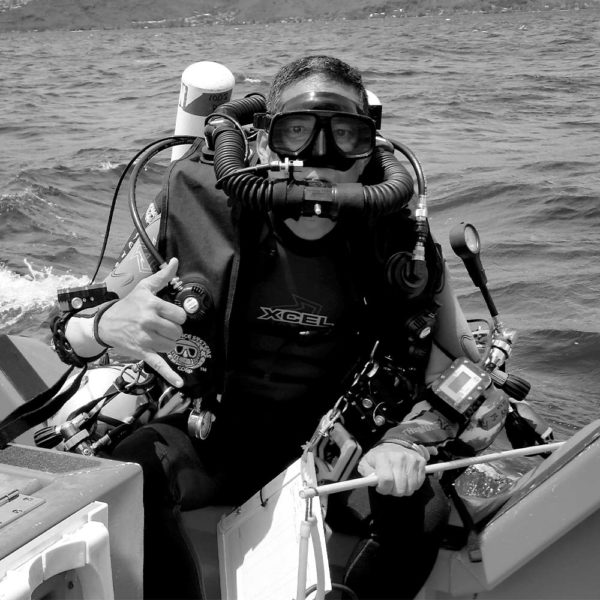 Randy KosakiNational Oceanic and Atmospheric Administration (NOAA), United States
Randy KosakiNational Oceanic and Atmospheric Administration (NOAA), United States -
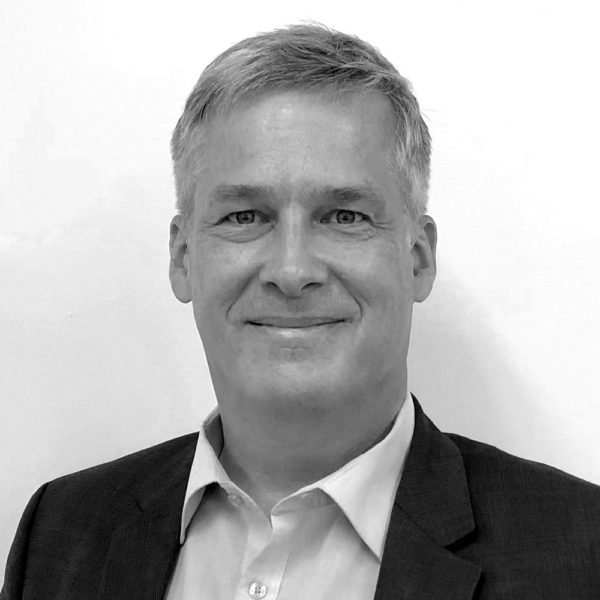 Brendan HoweEwha Womans University, South Korea
Brendan HoweEwha Womans University, South Korea -
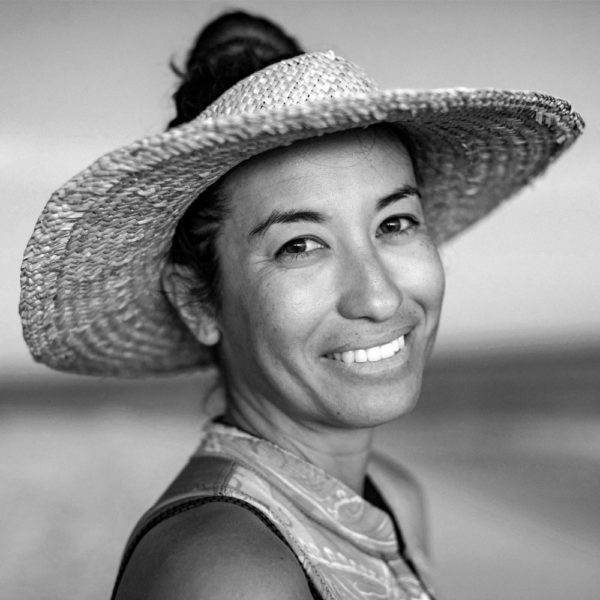 Haunani KaneUniversity of Hawai‘i, United States
Haunani KaneUniversity of Hawai‘i, United States -
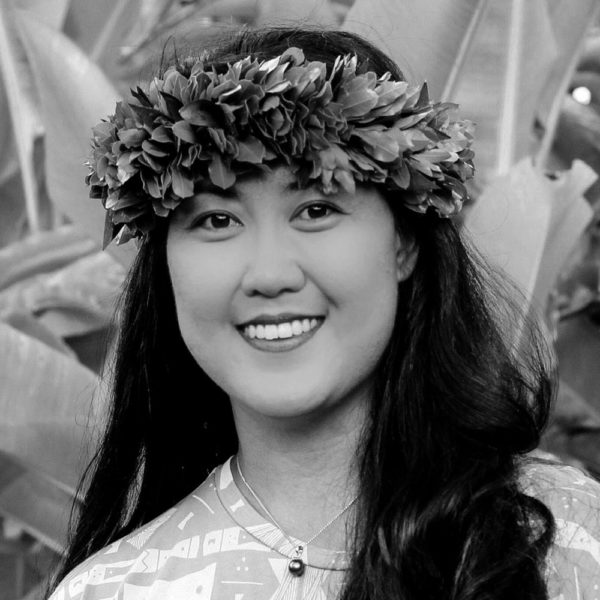 Kanoe MorishigeNational Oceanic and Atmospheric Administration (NOAA), United States
Kanoe MorishigeNational Oceanic and Atmospheric Administration (NOAA), United States -
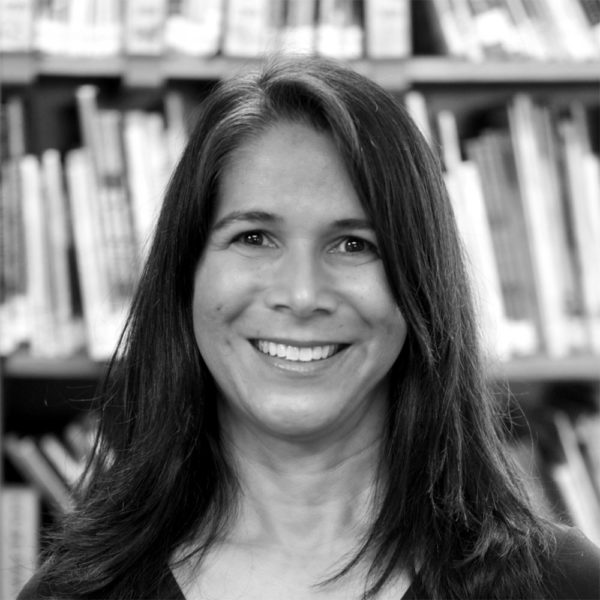 Julie KaomeaUniversity of Hawai‘i at Mānoa, United States
Julie KaomeaUniversity of Hawai‘i at Mānoa, United States -
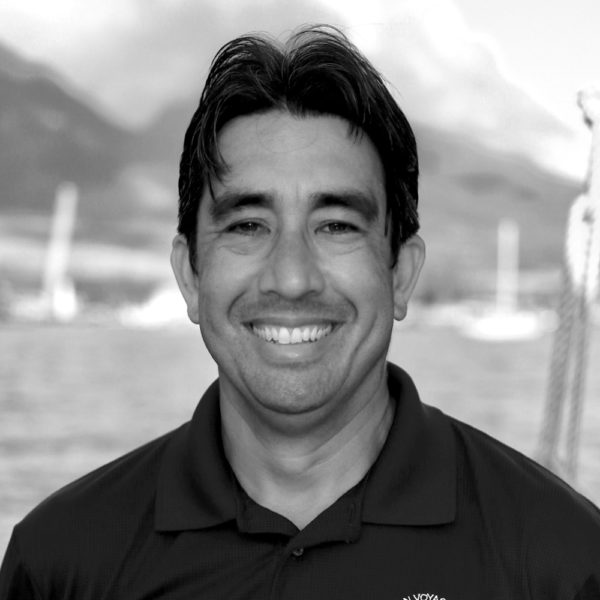 Chris BlakePolynesian Voyaging Society, United States
Chris BlakePolynesian Voyaging Society, United States -
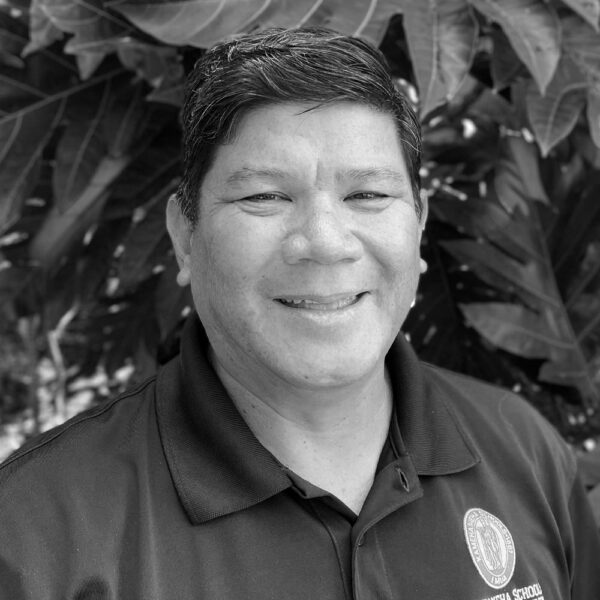 Mark K. EllisPolynesian Voyaging Society, United States
Mark K. EllisPolynesian Voyaging Society, United States -
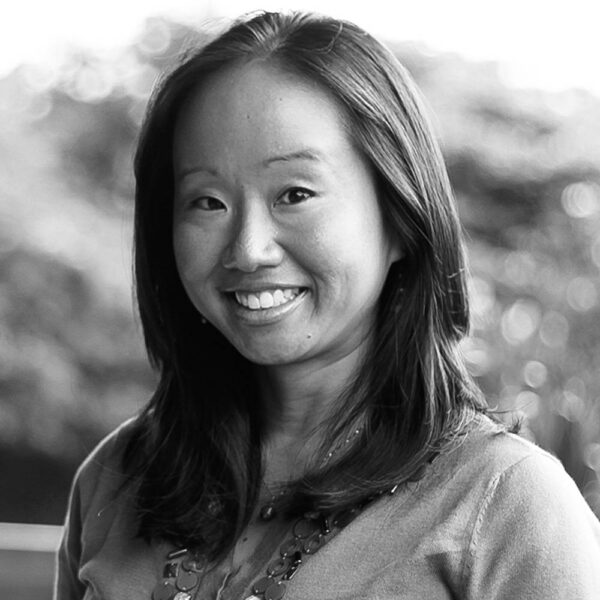 Linda FurutoUniversity of Hawai‘i at Mānoa, United States
Linda FurutoUniversity of Hawai‘i at Mānoa, United States -
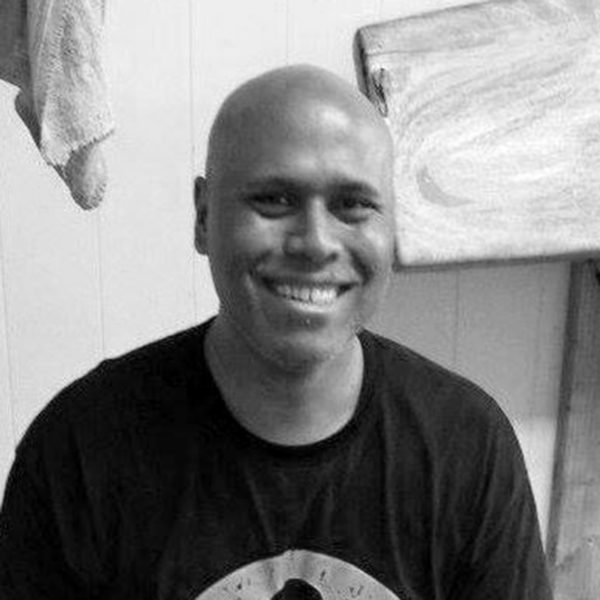 Darwin KaneaiakalaCultural Practitioner, United States
Darwin KaneaiakalaCultural Practitioner, United States -
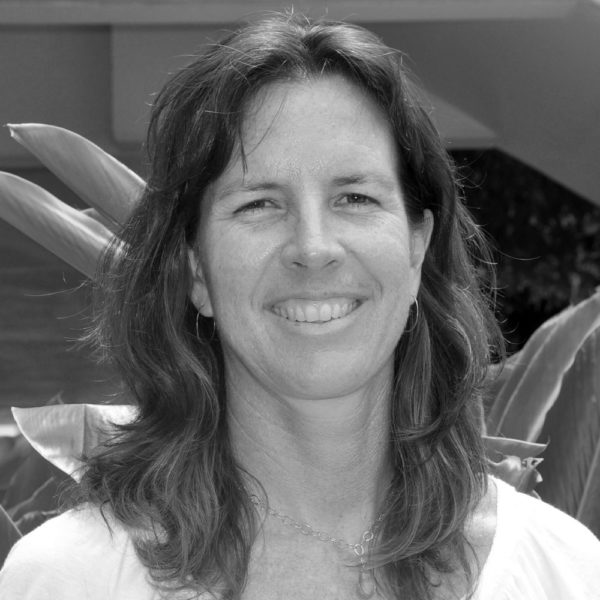 Catherine FullerPolynesian Voyaging Society, Hawai'i, United States
Catherine FullerPolynesian Voyaging Society, Hawai'i, United States
Programme
-
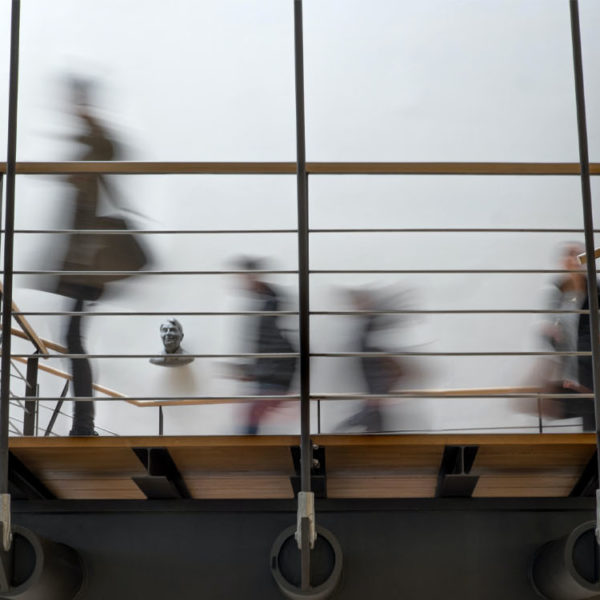 Hindsight, Foresight, and Our Post-COVID FutureKeynote Presentation: Paul McKimmy
Hindsight, Foresight, and Our Post-COVID FutureKeynote Presentation: Paul McKimmy -
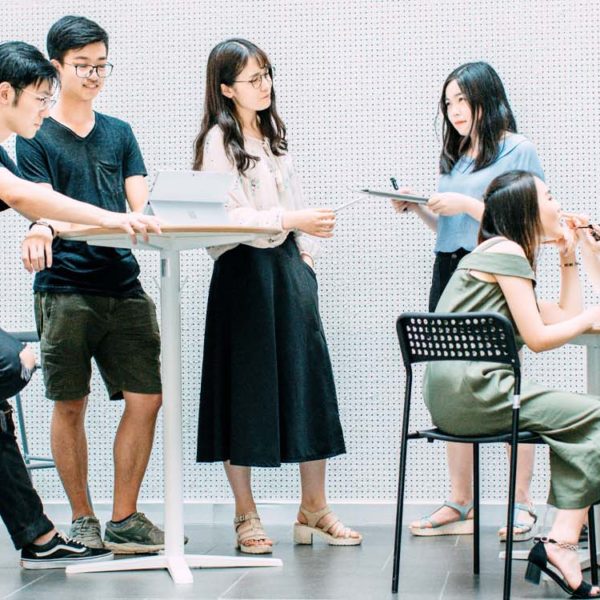 Internationalisation and Cooperation in East Asian Higher EducationKeynote Presentation: Brendan Howe
Internationalisation and Cooperation in East Asian Higher EducationKeynote Presentation: Brendan Howe -
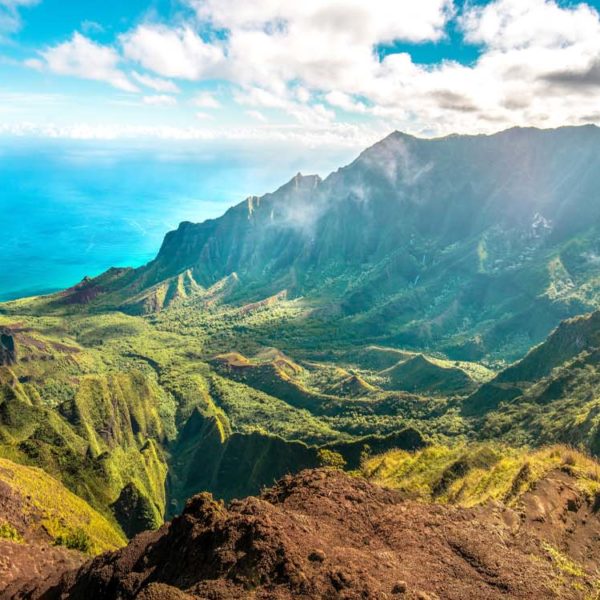 Hidden Hawaiʻi: A Huakaʻi through the Native Realities of Our Island HomeKeynote Presentation: Julie Kaomea
Hidden Hawaiʻi: A Huakaʻi through the Native Realities of Our Island HomeKeynote Presentation: Julie Kaomea -
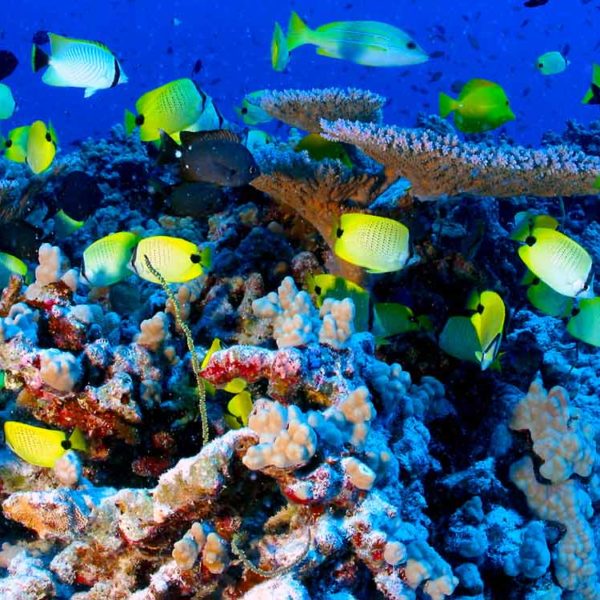 Weaving Knowledge Systems and Nurturing the Next Generation to Care for Papahānaumokuākea Marine National MonumentPanel Presentation: Pelika Andrade, Kai Hoshijo, Haunani Kāne, Randall Kosaki, Kanoe Morishige
Weaving Knowledge Systems and Nurturing the Next Generation to Care for Papahānaumokuākea Marine National MonumentPanel Presentation: Pelika Andrade, Kai Hoshijo, Haunani Kāne, Randall Kosaki, Kanoe Morishige -
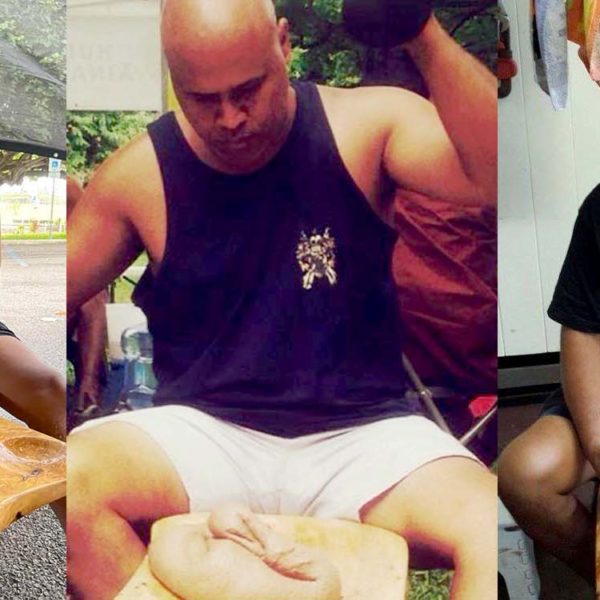 Hawaiian Cultural Presentation: Poi PoundingCultural Presentation: Darwin Kaneaiakala
Hawaiian Cultural Presentation: Poi PoundingCultural Presentation: Darwin Kaneaiakala
Conference Committees
Global Programme Committee
Dr Joseph Haldane, Chairman and CEO, IAFOR
His Excellency Professor Toshiya Hoshino, Osaka University, Japan
Professor Barbara Lockee, Virginia Tech., United States
Professor Donald E. Hall, Binghamton University, United States
Dr James W. McNally, University of Michigan, United States & NACDA Program on Aging
Professor Haruko Satoh, Osaka University, Japan
Dr Grant Black, Chuo University, Japan
Professor Dexter Da Silva, Keisen University, Japan
Professor Gary Swanson, University of Northern Colorado, United States
Professor Baden Offord, Curtin University, Australia
Professor Frank Ravitch, Michigan State University, United States
Professor William Baber, Kyoto University, Japan
Conference Programme Committee
Dr Failautusi ‘Tusi’ Avegalio, University of Hawaiʻi at Mānoa, United States
Professor Xu Di, University of Hawaiʻi at Mānoa, United States
Dr Joseph Haldane, The International Academic Forum (IAFOR), Japan
Professor Curtis Ho, University of Hawai’i at Manoa, United States
Dr Daniel Hoffman, University of Hawaii at Manoa, United States
Professor Barbara Lockee, Virginia Tech, United States
Professor James W. McNally, University of Michigan, United States & NACDA Program on Aging
Dr Alex Means, University of Hawaiʻi at Mānoa, United States
Professor Michael Menchaca, University of Hawaiʻi at Mānoa, United States
Professor Deane Neubauer, University of Hawaiʻi at Mānoa, United States
Professor Sela V. Panapasa, University of Michigan, United States
Tialei Scanlan, Brigham Young University – Hawaii, United States
Robin Watson, University of Hawaiʻi at Mānoa, United States
Dr Hiagi M. Wesley, Brigham Young University – Hawaii, United States
IAFOR International Academic Advisory Board
General Education Section
Professor Shingo Ashizawa, Kansai University of International Studies, Japan
Dr Tzu-Bin Lin, National Taiwan Normal University, Taiwan
Professor David McLoughlin, Meiji University, Japan
Dr Keiichi Ogawa, Kobe University, Japan
Professor Mark Pegrum, The University of Western Australia, Australia
Dr Cynthia Northington Purdie, William Patterson University, United States
Dr Thanassis Rikakis, University of Southern California, United States
Dr Rachel Lam, Independent consultant, Salt Lake City, Utah, United States
Distinguished Professor Tien-Hui Chiang, Zhengzhou University, China
Dr Linda Schwartz, Ambrose University, Canada
Dr Justin Sanders, Minerva Project
Professor Svetlana Ter-Minasova, Lomonosov Moscow State University, Russia
Professor Joshua Mok, Lingnan University, Hong Kong
Dr Yvonne Masters, Independent Researcher, Australia
Dr Bernard Montoneri, Independent Researcher, Taiwan
Professor Haruko Satoh, Osaka University, Japan
Educational Technology Section
Professor Curtis Ho, University of Hawai’i at Manoa, United States
Professor Mark Pegrum, The University of Western Australia, Australia
Dr Thanassis Rikakis, University of Southern California, United States
Daniel Kjellsson, Future Talent Council, Sweden
Professor Barbara Lockee, Virginia Tech., United States
Professor Keith W. Miller, The University of Missouri, United States
Dr Jo Mynard, Kanda University of International Studies, Japan
Mr Matthew Kay, Nature Publishing, United Kingdom
Professor Robert Logie, Osaka Gakuin University, Japan
Dr Amanda Müller, Flinders University, Australia
Language Learning Section
Professor Kay Irie, Gakushuin University, Japan
Professor David McLoughlin, Meiji University, Japan
Dr Shamim Ali, Allama Iqbal Open University, Pakistan
Dr Christine Coombe, Dubai Men's College, United Arab Emirates
Professor Jean-Marc Dewaele, Birkbeck, University of London, United Kingdom
Professor Stephen J. Hall, Sunway University, Malaysia
Professor José McClanahan, Creighton University, United States
Professor Svetlana Ter-Minasova, Lomonosov Moscow State University, Russia
Dr Sufian Abu-Rmaileh, UAE University, United Arab Emirates
Professor Michiko Nakano, Waseda University, Japan
Dr Amanda Müller, Flinders University, Australia
Conference Review Committee
Dr Balamuralithara Balakrishnan, Sultan Idris Education University, Malaysia
Professor Valentina Canese, Universidad Nacional de Asunción, Paraguay
Dr Yung-huei Chen, National Chung Cheng University, Taiwan
Dr Edsoulla Chung, Hong Kong Metropolitan University, Hong Kong
Dr Joanie Crandall, Yorkville University, Canada
Dr Lorna Dimatatac, Technological Institute of the Philippines, Philippines
Professor Biljana Djoric Francuski, University of Belgrade, Serbia
Dr Rayna Fujii, University of Hawai'i Manoa, United States
Dr Stacy George, University of Hawai'i at Manoa, United States
Dr Sreeramulu Gosikonda, Narsee Monjee Institute of Management Studies (NMIMS), India
Professor Heeseon Jang, Pyeongtaek University, South Korea
Dr Erick Kong, California State University East Bay, United States
Dr Abdelaziz Mohammed, Albaha University, Saudi Arabia
Dr Matthew Motyka, University of San Francisco, United States
Dr Esther Ntuli, Idaho State University, United States
Dr Zanita Glenda Plaga, West Visayas State University, Philippines
Professor Christian Schachtner, IU University of Applied Sciences, Germany
Dr Ronnie Tiffany-Kinder, University of Hawai'i at Manoa, United States
Dr Miguel Varela, Academic Bridge Program, Qatar
Dr Yifeng Yuan, University of Technology Sydney, Australia
